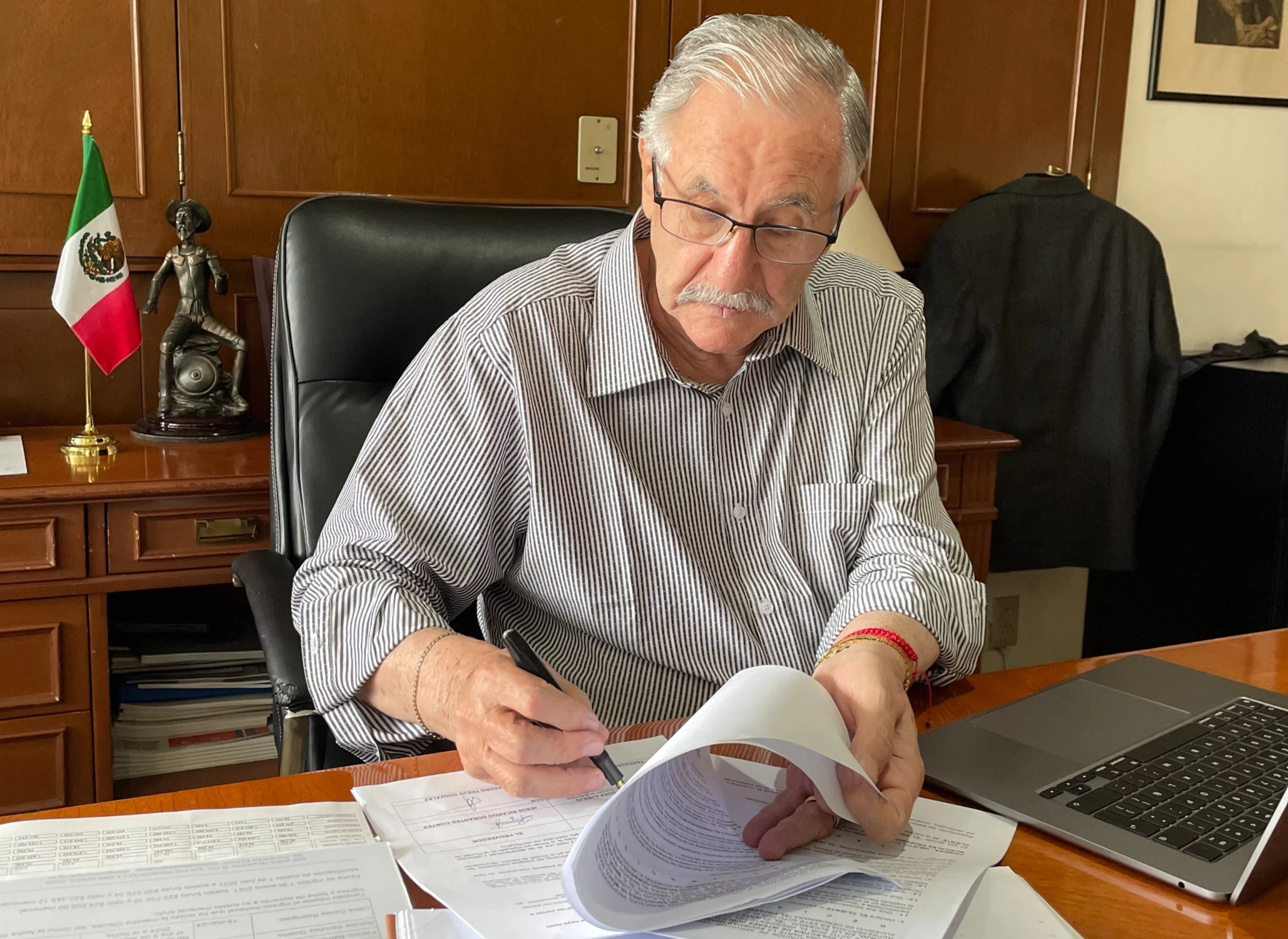SOGEM and the Battle for Screenwriters’ Rights in Mexico
- CreatorsNews
- Jun 9, 2025
- 3 min read

In an increasingly challenging context for audiovisual creators, the Sociedad General de Escritores de México (SOGEM) remains firm in its fight for recognition and fair payment for authors, both national and foreign. In the face of the power imbalance with major corporations like Televisa, TV Azteca, and global platforms such as Netflix, the organization leads a series of concrete actions—from signing international agreements to promoting legislative reforms.
One of the most notable developments is the signing of agreements that allow SOGEM to collect royalties for the public communication of works, even when those works belong to foreign authors represented by sister societies in other countries. These agreements make it possible to channel the corresponding payments to screenwriters without needing individual contracts that explicitly reserve the right to remuneration.
“There has been—and will be—no (negative) impact whatsoever, as the negotiations were based on the Tariff for the payment of rights for the exploitation of cinematographic works protected by the Federal Author’s Rights Law,” explains writer and screenwriter Manuel Rodríguez Ajenjo, President of SOGEM, in an interview with AV Creators News.
Manuel Rodríguez Ajenjo, president of SOGEM
That law, in its third article, establishes that 0.6% of the net income from each screening of a work belongs to the writers. SOGEM then collects this percentage from cinema chains and transfers it—properly labeled—to the authors, whether Mexican or foreign, who are represented by entities with which it maintains reciprocal agreements, such as ARGENTORES or SGAE.
An Ongoing Battle
The situation becomes more complex in negotiations with giants like Televisa and TV Azteca, which have historically resisted paying royalties for the retransmission of works. This resistance, Rodríguez Ajenjo explains, centers on productions contracted outside the agreements already established by SOGEM. In many cases, these broadcasters invoke Article 83 of the Federal Author’s Rights Law, which governs works made for hire and may leave screenwriters without royalty rights if their contracts do not include an explicit reservation of rights.
Moreover, foreign societies often cannot provide those contracts with the necessary clause, placing their represented authors at a disadvantage. However, if contracts with the reservation clause are submitted, SOGEM guarantees that the same benefits will be extended as to Mexican writers.
SOGEM is also moving forward in negotiating a fixed tariff for these retransmissions, which would help offset the lack of specific contracts and establish a fair minimum level of remuneration.
Healthcare for Writers
Another significant announcement is the beginning of negotiations with the Mexican Social Security Institute (IMSS) to ensure SOGEM members have access to quality healthcare services. The agreement would also extend benefits to family members and allow members to contribute toward a future pension.
“We’re preparing the presentation for the SOGEM General Assembly to have the agreement approved,” the President of SOGEM details. This would be a key step toward providing social security for a guild that has historically worked independently and often without stable healthcare coverage.
Urgent Regulation in the Age of Artificial Intelligence
In parallel, SOGEM is advancing a legislative agenda to address one of the most pressing challenges: the impact of artificial intelligence on author’s rights. The organization has participated in forums hosted by the National Author’s Rights Institute and the Senate’s Commission for Culture and Cinematography. However, Rodríguez Ajenjo notes, these spaces have yet to yield substantial progress.
Still, the Mexican society has not stood idly by. It has promoted workshops and conferences with specialists like Dr. José Joaquín Meza Rodríguez, positioning itself—ahead of similar organizations and even government authorities. Thanks to these efforts, SOGEM has established a working relationship with Senator Beatriz Mojica, president of the Senate’s Culture Commission, with whom they expect to present a concrete legislative proposal soon.
Justice, Not Charity
Perhaps the phrase that best captures the spirit of this moment is the one circulating within the organization’s leadership: “Justice for writers, not charity.” As Manuel Rodríguez Ajenjo explains, this slogan highlights the fact that royalty payments are a right recognized internationally. “We’re not asking for charity, but for what is rightfully due to writers.”
Meanwhile, SOGEM reaffirms its mission with a clear roadmap: respect for authors, respect for their work, social security, and fair payment. In a landscape where digital platforms and large corporations exert increasing pressure on creators, this collective management society stands as a bastion of resistance and dignity for screenwriters in Mexico and around the world.


















Comments